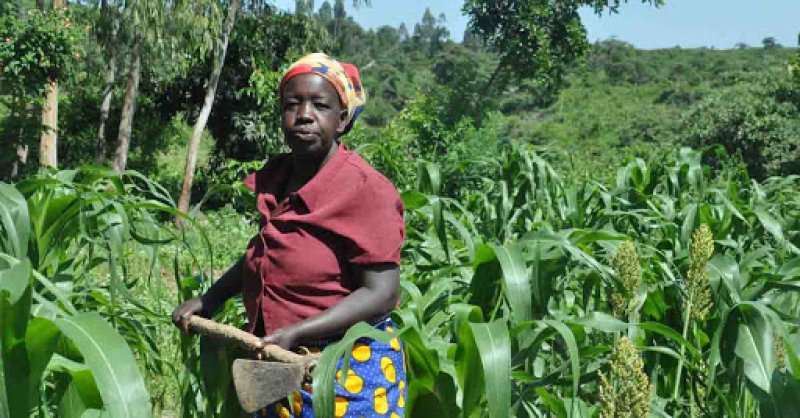[A]t the Kenya Agricultural Livestock Research Organisation (Karlo) and the International Institute of Tropical Agriculture (IITA) biotechnologists are using gene editing to develop maize that is resistant to maize lethal necrosis (MLN) and banana varieties to fusarium wilt and banana streak virus.
Other ongoing gene editing researches in the country are focused on making pigs resistant to African swine fever and yams to plant viruses.
The scientists are using CRISPR/Cas9, a new gene editing tool that is popular for is simplicity and efficiency.
Gene editing with the CRISPR/Cas9 tool and other techniques has the potential to make hardier and more nutritious crops – as well as offering drug companies new ways to fight human disease.
The National Biosafety Authority (NBA), the biotech regulating agency in the country says it has so far received and approved six applications on gene editing.
With global population rapidly growing, contemporary agriculture will face enormous challenges, requiring crops with higher yields and of improved quality, and needing fewer inputs.
As a new technology, genome editing was still in its early stages of discovery when Kenya enacted its biosafety regulations in 2011, hence genome editing scientists in the country were being regulated by GMO guidelines.
Kenya has, however began developing its own guidelines for gene-editing regulations, using Argentina’s model as a procedure.































